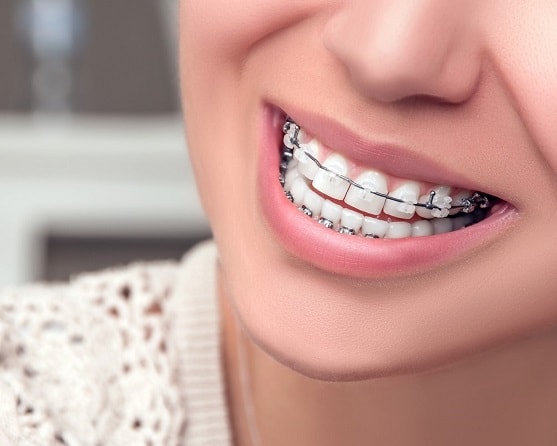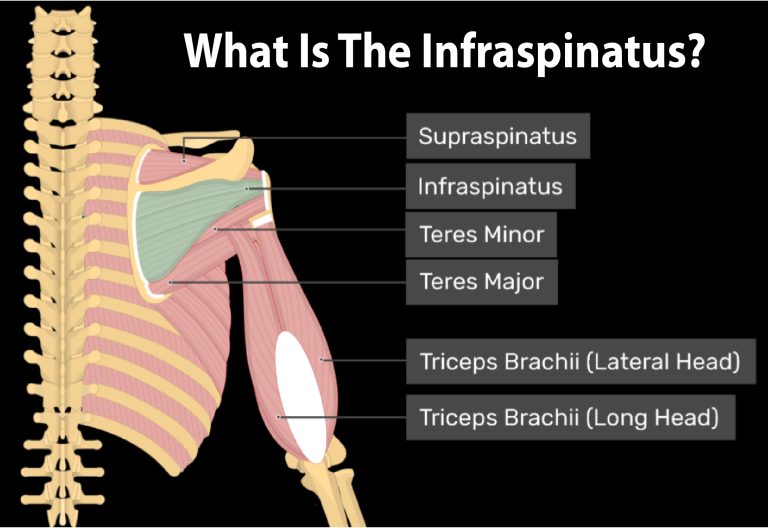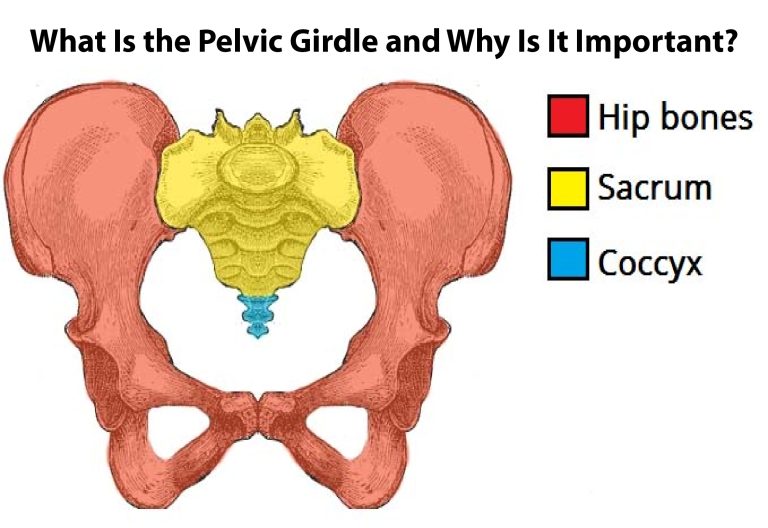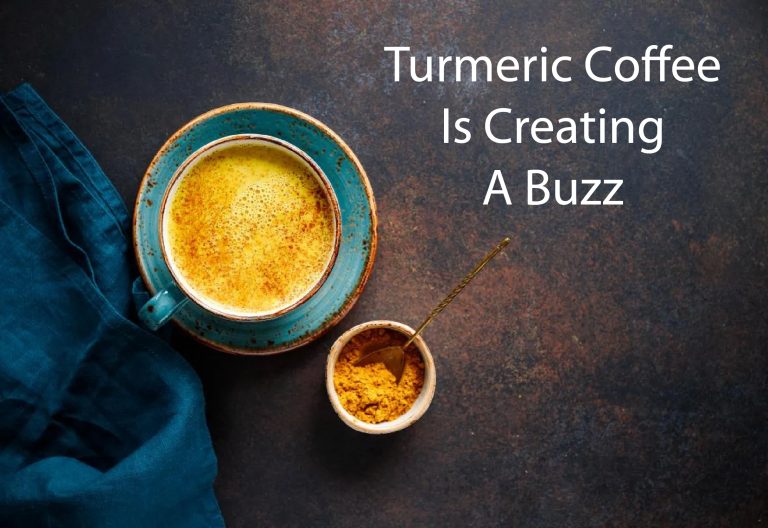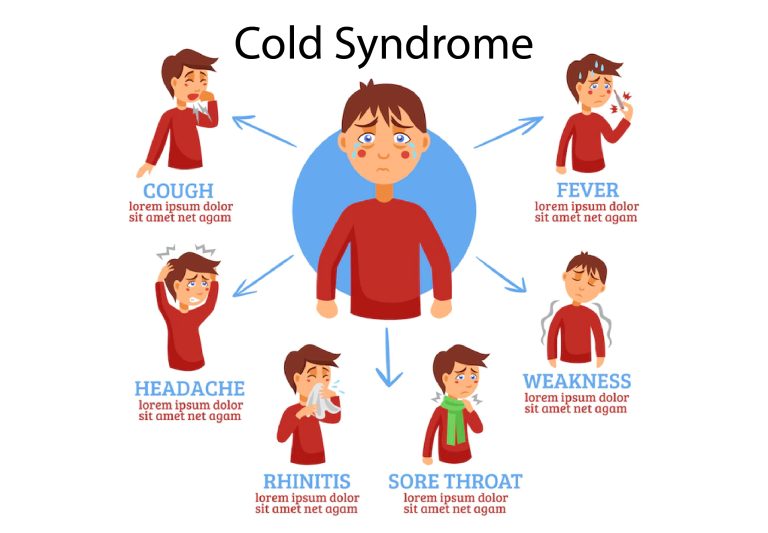WHAT IS THE DIFFERENCE BETWEEN DELTA-9 THC AND DELTA-8 THC?

As we think of Cannabis, there are two major chemicals we look at, Cbd and Thc, because there is so abundant of both, and they generate psychoactive (THC) effects and Medical (CBD) ones. However, there exist four distinct compounds that all communicate directly with the body: THC-V, THC-A, Delta-8 THC et Delta-9 THC.
Delta-9 THC is usually called THC and is the compound that strains are categorized by. Although Delta-9 THC makes the majority of psychoactive effects, Delta-8 THC also produces independent though slightly overlapping alterations like relaxation and anxiety.
The structure of the two molecules seems to be identical at first sight, save for the line at the very top of the ring. That line constitutes a novel bond in a molecule, and while it doesn’t appear to change the structure of a molecule appreciably, it can make a substantial change in its bonding and stable properties.
Delta-8 Flower THC can transform itself into delta-9 THC since the latter is far more stable. “The ”delta-8 bond” is not preferred and will shift to a more stable ”delta-9” bond position and cause the whole thing to shift. This switch is part of why the delta-9 concentration of the THC is greater than that of the Delta-8 because, over time, all of the delta-8 will eventually become delta-9.
THE EFFECTS OF DELTA-8 THC?
For the majority of combinations to perform, they have to bind to a receptor in your body. Keep in memory, though, that this arrangement is like a key & lock; just THC can only bind to its specific chemical receptor. Because delta-8 and delta-9 THC share remarkably close similar patterns, it can bind to the very same type of chemical receptor that occurs in your central nervous system: cannabinoid types 1 and 2, aka CB1 and CB2, respectively.
Several accounts have shown differing activities when two THC moieties bind with different Receptors. Some argue that the CB2 is active when Delta-8 THC ( Non-Classic PHC) is bound yet dormant when delta-9 THC ( Classic THC) is linked. Still, another claims both receptors are acting independently from the molecule, with delta-9 having a stronger affinity for CB2. Experiences consistent with free binding are insufficiently studied.
When a compound does bind onto its specific receptor, though, it sends a signal across the entire cell. All of this is predicated on the structure and minor distinctions. Because of the very unique line of communication here between delta-8 and delta-9, different feelings are communicated by users.
Several report users find that delta-8 THC is a lot more relaxed along the way and not making them so quite so paranoid. Other reports indicate that delta-8 THC relieves them of nausea without making them as disoriented as those that can often occur with delta-9 THC.
IS DELTA-8 THC IMPORTANT IN CANNABIS?
Cannabis has a few hundred species of botanicals in it whose ramifications are not entirely clear at this point. While there are numerous chemicals in hemp, however, the majority occur in small trace quantities. For instance, Delta-8 THC is currently measured to range from 0.3 to 0.5 wt%, whereas delta-9 THC can be over 20%.
As delta-8 THC is found in such minuscule quantities, it can be hard to know if it can make a meaningful effect. Many studies, though, suggest that trace element compounds – this includes delta-8 THC – the build up, developing a mutually synergistic action commonly referred to as the effects of an entourage. Additionally, evidence exists within anecdotal as well as research studies of different kinds of highs experienced once a user ingests either pure delta-9 or delta-8 THC.

